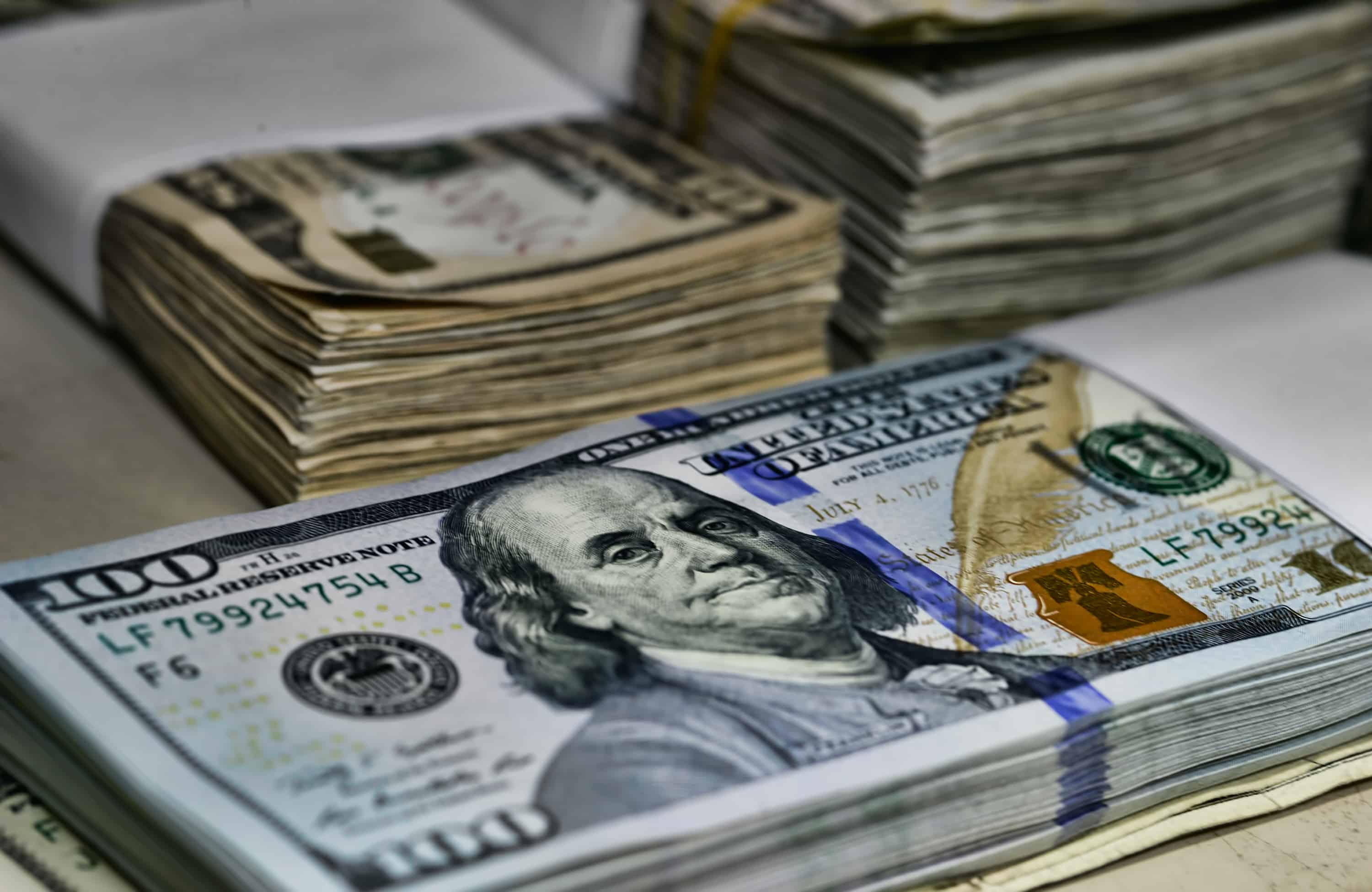My first day ever in San Jose, walking down Avenida Segunda. I passed a gauntlet of men, all repeating the same mantra– “Dolares, dolares”. I wondered why there were so many decently dressed, healthy looking beggars. Soon I learned they were actually money changers.
The Costa Rican National bank had set the colon to continuously devalue against the dollar, a few colons per month, and there was an active street market that always offered a few colons more than the bank. But one had to beware. Some of the money changers on the street were honest, but many were notorious for looking for every edge, ready to scam the unsuspecting.
On my trips to San Jose, I routinely exchanged on the street without problem. There was one occasion when a guy offered me an exchange rate of 120 to the dollar (the bank was paying closer to 110) and then tried to short change me, but I quickly pointed out his error, and he gave me the innocent, ‘it was an honest mistake’ routine, and handed me the additional 1000 colon note. (This was so long ago that the 1000 colon note was the highest denomination in circulation).
There was one small group of changers I regularly used. They hung out in front of the old Soda Palace (now a KFC) across from the Parque Central. One day I exchanged a 100 dollar bill with one of the regulars– a short, chunky middle aged guy with tinted glasses and a couple of cheap looking chains around his neck. We made the exchange, I pocketed the colons, and crossed the busy Avenida Segunda. Just as I got to the other side I was poked from behind.
I turned to see the short chunky guy and a couple of his friends. “Es falso!” he said. He held up the 100 dollar bill. I examined it. Ben Franklin’s face was blurry. It was one of the worst counterfeit bills I had ever seen. I wondered how the bank had given me such an obvious fake. I returned the colons to him and took back the fake Benjamin, and resolved to give the Banco Nacional back where I was living a piece of my mind. When I got home I went straight to the bank.
The teller took one look at the bill and almost laughed. He shook his head and told me there was no way I was given the fake bill by the bank. I left the bank and went directly to the small private night school where I taught an occasional English class. The school was owned by my friend, a Tico who had grown up in New York City. I repeated my tale of woe and showed him the bill, which was so fake that it looked worse with each viewing.
My streetwise friend laughed. “The bank didn’t give you that bill,” he said. “You got taken. The old switcheroo. Oldest trick in their book.” The story doesn’t end here. At that moment I realized that it was simply karma. You see– a year or so before I got conned, I was in San Jose, on a Sunday, looking to exchange dollars for colons.
The usual money changers were nowhere to be found on a Sunday morning. Asking around, I was told that a nearby car rental business might change a small amount of dollars for me. At the agency, the woman behind the desk said she could not help me.
However, a guy who was hanging out there–and seemingly hitting on the woman and hoping to impress her–said he would change some dollars. I told him I wanted to change 40 dollars. He borrowed her calculator, hit a few buttons, and began counting out a stack of rojos–1000 colon notes. He didn’t have enough to exchange for forty dollars he said, but he had enough for twenty dollars. I was at first confused, and then realized that he was paying me ten times what he should.
I had seen many instances here of people using calculators for the simplest of addition, but had never seen anyone make an error with basic math, while using a calculator. He took my twenty, handed me the bills, and turned back to the young woman behind the counter, likely hoping he had impressed her. I admit–I walked away with the money. I rationalized–anybody so tonto to make an error even while using a calculator deserved what was coming to him.
Besides, my Spanish at that time was not good enough for a detailed explanation of his error. But later that day, back in the small house outside of San Jose I was renting, I felt bad that I had not made more of an effort to point out his mistake.
He had cost himself close to 200 dollars, and I had simply smiled and said ‘Gracias’, knowing I had gotten over on him without even wanting to. So in the end, things almost evened out. The days of the money changers chanting “Dolares, dolares” at every passing foreigner are long gone, but my memory of being scammed, and inadvertently scamming are still fresh.






